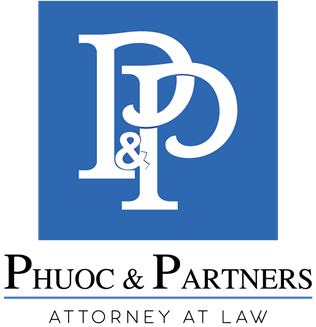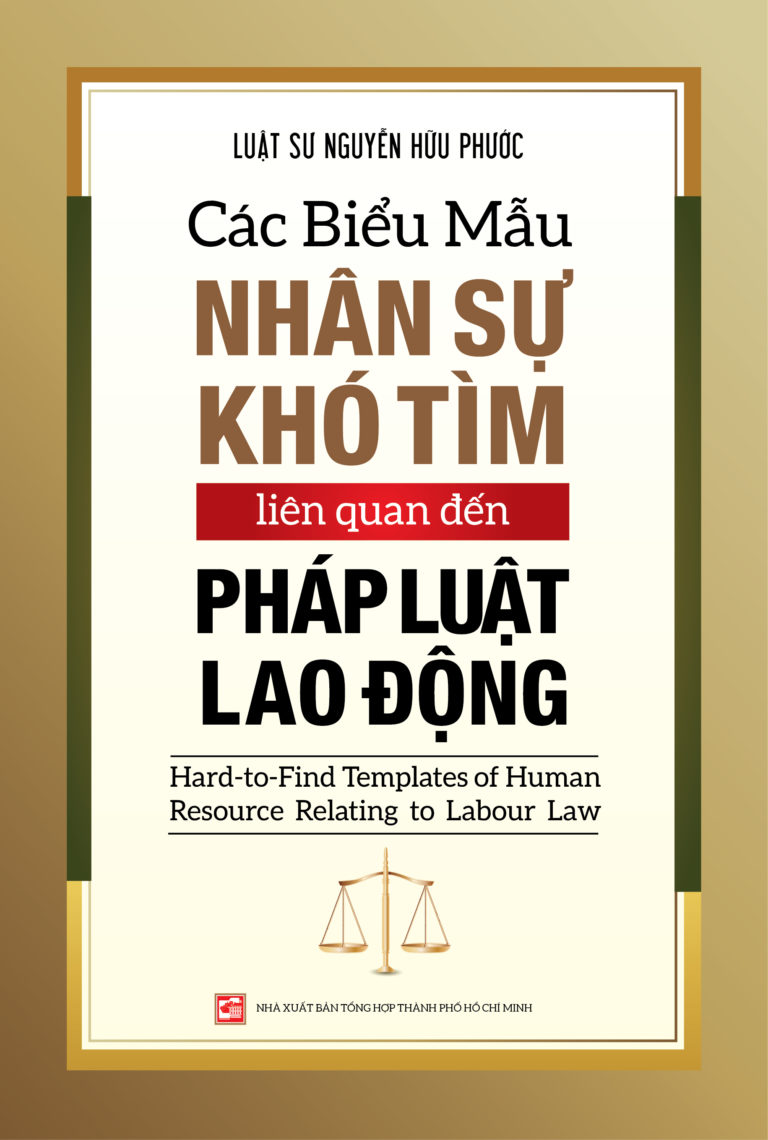Protecting Your Intellectual Property: Important Steps And Techniques
Protecting intellectual property is not only an important factor but also an indispensable foundation for fostering and safeguarding creativity and innovation in modern society. Protecting intellectual property plays a crucial role in ensuring that creative individuals and organisations can fairly and securely benefit from their efforts and ideas. However, the implementation and protection of intellectual property rights are not a simple and easy process, it requires patience and deep understanding of relevant legal regulations and procedures. The Important Steps and Techniques in Intellectual Property Protection below will be what everyone should keep in mind to ensure their rights and interests are best safeguarded in the field of intellectual property.
-
What is intellectual property? Why is it necessary to protect intellectual property?
Intellect is understood as the cognitive capacity reaching a certain level, an inherent capability of human beings. Achievements generated through human intellect in creative activities are recognized as intellectual property assets. According to Article 4.1 of the Intellectual Property Law 2005 (amended, supplemented in 2023), intellectual property rights are the rights of organisations and individuals regarding intellectual property assets, including copyright and related rights, industrial property rights, and rights related to plant varieties.
The reasons explaining the necessity to protect intellectual property can be outlined as follows:
- Protecting intellectual property encourages creativity. For the rights holders, protecting intellectual property rights will encourage creativity. It promotes their efforts and contributions to research activities, fosters technical advancements, and creates high-quality products.
- Protecting intellectual property promotes business. Protecting intellectual property rights helps reduce losses and promotes the development of legitimate production and business. Thanks to intellectual property rights, businesses will have legal instruments to prevent economic losses due to “misappropriation” by competitors.
- Protecting intellectual property is safeguard consumer interests. If not protecting intellectual property rights, the market would be flooded with counterfeit and low-quality products. This would significantly impact both the reputation and revenue of entities producing and selling quality goods, invested in intellectual property. Additionally, protecting intellectual property rights enables consumers to have the opportunity to choose and use high-quality goods and services that meet their needs.
- Protecting intellectual property creates a healthy competitive environment. Effective protection of intellectual property rights fosters a healthy competitive environment. It serves as a driver for economic growth. Intellectual Property Law prevent any acts of using identical or similar signs to protected trademarks, as well as unauthorized use of protected confidential information.
- Protecting intellectual property builds credibility for businesses. Individuals and organisations have to go through a long period of time to develop a product with their own brand. They must invest for years, incurring substantial costs (research, testing, etc.), before bringing a product to consumers. Thanks to intellectual property protection, companies can build a “brand reputation” that is known and trusted by many people.
- Protecting intellectual property brings national benefits. Intellectual property protection carries political significance. A prerequisite for countries wishing to become members of the World Trade Organisation is the of intellectual property Thus, intellectual property protection plays a crucial role in integrating our country’s economy with the world.
-
Important steps in intellectual property protection
- Identifying the subject of Intellectual Property Registration
When there is a creative product, the owner needs to determine which category of intellectual property rights it falls under: copyright, related rights; industrial property rights; rights regarding plant varieties.
According to Article 3 of the Intellectual Property Law 2005 (amended and supplemented in 2023), the specific provisions regarding the subject matter of intellectual property rights are as follows:
- The subject matter of copyright includes literary, artistic, and scientific works; related rights include performances, sound recordings, recordings, broadcasts, and encrypted satellite signals carrying encoded programs.
- The subject matter of industrial property rights includes inventions, industrial designs, semiconductor integrated circuit layout designs, trade secrets, trademarks, trade names, and geographical indications.
- The subject matter of plant variety rights consists of breeding materials and harvested materials.
Identifying the correct subject for intellectual property registration is the first important step in the intellectual property protection process. Once the subject has been identified, proceed with the next steps.
- Determining the registration authority, receiving the application for intellectual property rights registration
Article 11.2 of the Intellectual Property Law (amended, supplemented in 2023) stipulates:
The Ministry of Science and Technology shall be responsible to the Government for leading and coordinating with the Ministry of Culture, Sports and Tourism, and the Ministry of Agriculture and Rural Development in implementing state management of intellectual property and carrying out state management of industrial property rights.
The Ministry of Culture, Sports and Tourism, within the scope of its tasks and powers, shall implement state management of author’s rights and related rights.
The Ministry of Agriculture and Rural Development, within the scope of its tasks and powers, shall implement state management of rights over plant varieties.
As the result, the following agencies are responsible for receiving and processing applications and granting certificates of protection for various types of intellectual property rights in Vietnam:
- Intellectual Property Office of Vietnam (under The Ministry of Science and Technology): is the agency responsible for receiving and granting certificates of protection for patent registration, industrial design registration, trademark registration, and geographical indication registration.
- Copyright Office of Vietnam (under The Ministry of Culture, Sports and Tourism): is the agency responsible for receiving and issuing Registration Certificates for copyright and related rights. Copyright Office is responsible for confirming and protecting the intellectual property rights of literary, artistic, and scientific works, as well as related rights such as performances, recordings, videos, and broadcasts.
- Plant Variety Protection Office (The Ministry of Agriculture and Rural Development): is the agency responsible for receiving and assessing applications for the protection of new plant varieties. The Plant Variety Protection Office, under the Ministry of Agriculture and Rural Development, is tasked with confirming and protecting intellectual property rights related to new plant varieties, ensuring the rights of workers in the agricultural sector, and promoting sustainable agricultural development.
- Proceed to submit the registration application and receive the Certificate
When to protect an intellectual property object, the applicant must submit the necessary documents and undergo the relevant examination procedures for the application to be granted a Registration Certificate or a certificate in accordance with legal regulations.
The process of submitting the application and receiving the Certificate is a crucial part of intellectual property protection, requiring patience and strict compliance with legal requirements and regulations. This step is decisive in determining and confirming the legal rights of the applicant regarding their intellectual property object.
-
Techniques in intellectual property protection
- Researching and classifying intellectual property assets
The first and most crucial step is to understand and identify your intellectual property. Intellectual property can include copyrights, patents, trademarks, trade secrets. Only after identifying their intellectual property can individuals and organisations choose the best way to protect their intellectual property rights.
- Choosing appropriate protection measures
Based on the type of intellectual property identified by individuals or organisations, they can then choose suitable protection measures such as copyright registration, filing patent applications, trademark registration, or establishing trade secret protections.
- Utilising appropriate security measures
Protecting intellectual property is a crucial factor in the business strategy of any organisation, including individuals operating in this field. The use of appropriate security measures can play a vital role in preventing information loss, copyright infringement, or other violations of intellectual property rights. Protection can be achieved by employing suitable security measures such as data encryption, access management systems, or confidentiality agreements.
- Collaborating with legal experts and intellectual property experts
Seeking advice from lawyers or intellectual property experts ensures that individuals and organisations understand legal regulations and have the most effective intellectual property protection plan in place, helps ensure compliance with legal provisions and prevents legal issues in the future.
In short, intellectual property protection is not only an important aspect but also an indispensable foundation for development and innovation in modern society. Protecting intellectual property is not just about safeguarding assets, but also about protecting the value of creativity for those who produce it. The Important Steps and Techniques in Intellectual Property Protection hope to be valuable resources for you in understanding and safeguarding your own intellectual property rights.
The above is an overview of Protecting Your Intellectual Property: Important Steps and Techniques. If you have difficulties in finding a Law Firm to advise and support in the relevant legal field, please contact us. Phuoc & Partners is a professional consulting firm established in Vietnam and currently has nearly 100 members working in three offices in Ho Chi Minh City, Hanoi and Danang. Phuoc & Partners is also rated as one of the leading consulting firms specialising in business law in Vietnam that has leading practice areas in the legal market such as Labour and Employment, Taxation, Merger and acquisition, Litigation. We are confident in providing customers with optimal and effective service.










